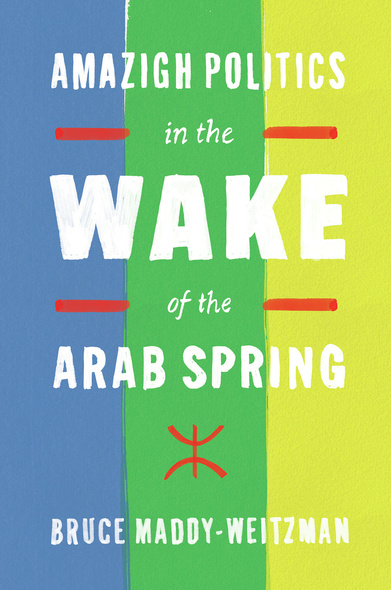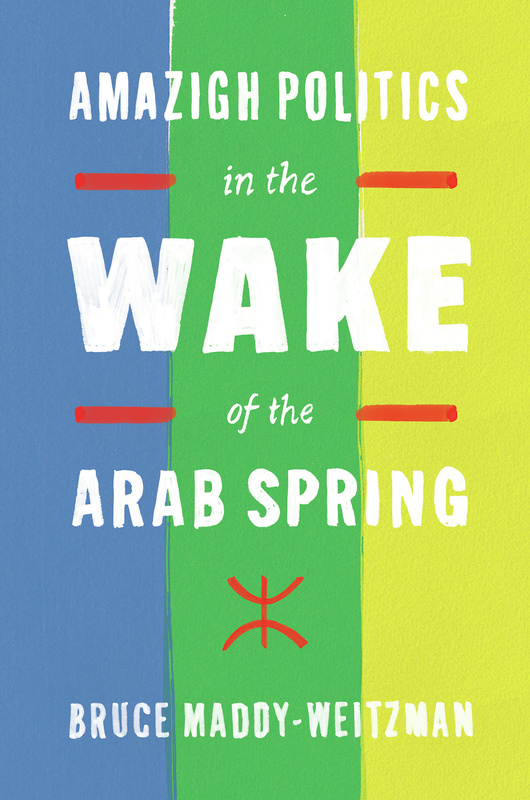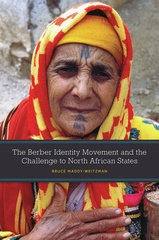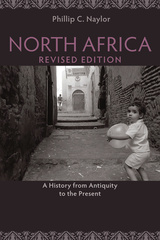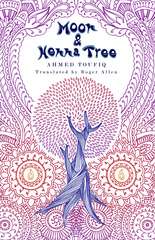Our shopping cart is currently down. To place an order, please contact our distributor, UTP Distribution, directly at utpbooks@utpress.utoronto.ca.
On television, the Arab Spring took place in Cairo, Tunis, and the city-states of the Persian Gulf. Yet the drama of 2010, and the decade of subsequent activism, extended beyond the cities—indeed, beyond Arabs. Bruce Maddy-Weitzman brings to light the sustained post–Arab Spring political movement of North Africa’s Amazigh people.
The Amazigh movement did not begin with the Arab Spring, but it has changed significantly since then. Amazigh Politics in the Wake of the Arab Spring details the increasingly material goals of Amazigh activism, as protest has shifted from the arena of ethnocultural recognition to that of legal and socioeconomic equality. Amazigh communities responded to the struggles for freedom around them by pressing territorial and constitutional claims while rejecting official discrimination and neglect. Arab activists, steeped in postcolonial nationalism and protective of their hegemonic position, largely refused their support, yet flailing regimes were forced to respond to sharpening Amazigh demands or else jeopardize their threadbare legitimacy. Today the Amazigh question looms larger than ever, as North African governments find they can no longer ignore the movement’s interests.
Amazigh Politics in the Wake of the Arab Spring contributes new, much-needed scholarship on the evolution of recent currents in Amazigh activism throughout North Africa...This book is essential reading for all those interested not only in Amazigh activism, but also minority rights and indigeneity discourses, North African politics, and transnational identity movements.
With Amazigh Politics in the Wake of the Arab Spring, Bruce Maddy-Weitzman has written a truly comprehensive and lucid follow-up to his 2011 study, The Berber Identity Movement and the Challenge to North African States. He does an impressive job of tracing some incredibly complex developments. The chapters on the little-known Amazigh communities in Libya, Tunisia, and the Sahel, are particularly welcome. This book will be a one-stop resource, and Maddy-Weitzman presents it in a remarkably straightforward and easy-to-understand fashion.
This book is a much-needed study of the place of the Amazigh movement in the Arab uprisings, especially in the aftermath of the street revolts that have engulfed the region. Bruce Maddy-Weitzman’s focus on this area of research adds both depth of analysis and empirical vigor to the study of the Amazigh identity movement that has previously been ignored in North Africa and the Sahel. This work is a critical addition to the literature on ethnonationalist and minority movements.
Bruce Maddy-Weitzman is a professor (emeritus) of Middle Eastern and African History, and a senior fellow at the Moshe Dayan Center for Middle Eastern and African Studies, Tel Aviv University. He is the author of The Berber Identity Movement and the Challenge to North African States, A Century of Arab Politics: From the Arab Revolt to the Arab Spring, and The Crystallization of the Arab State System, 1945–1954.

